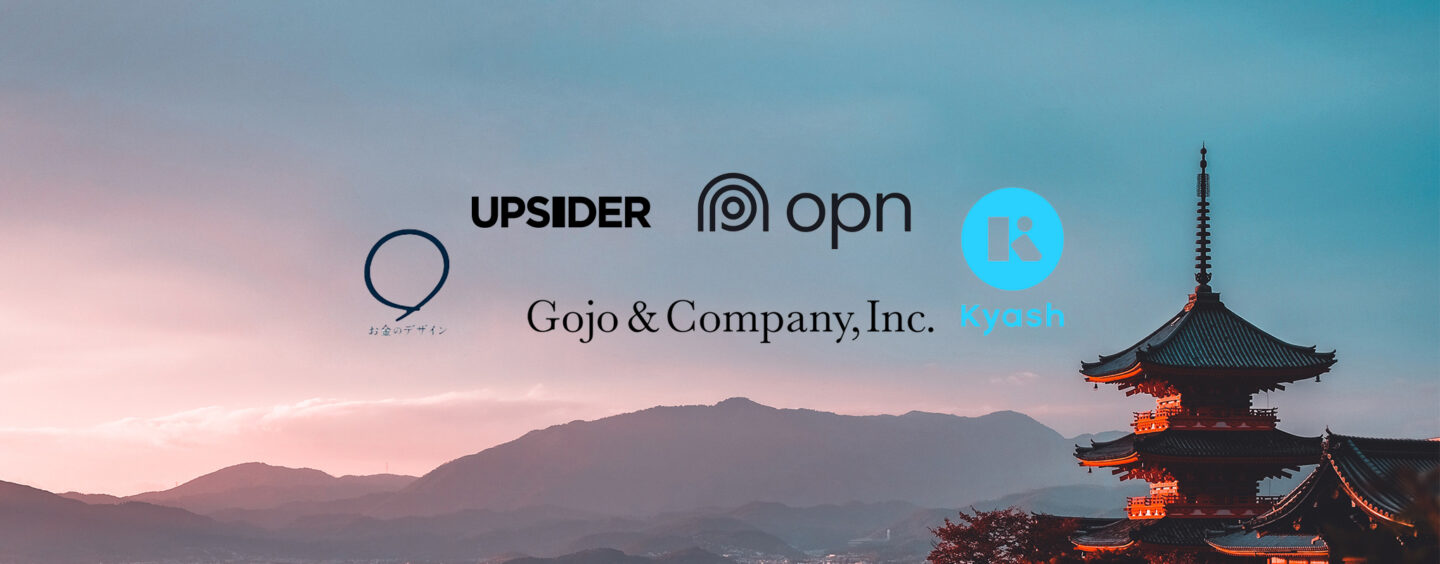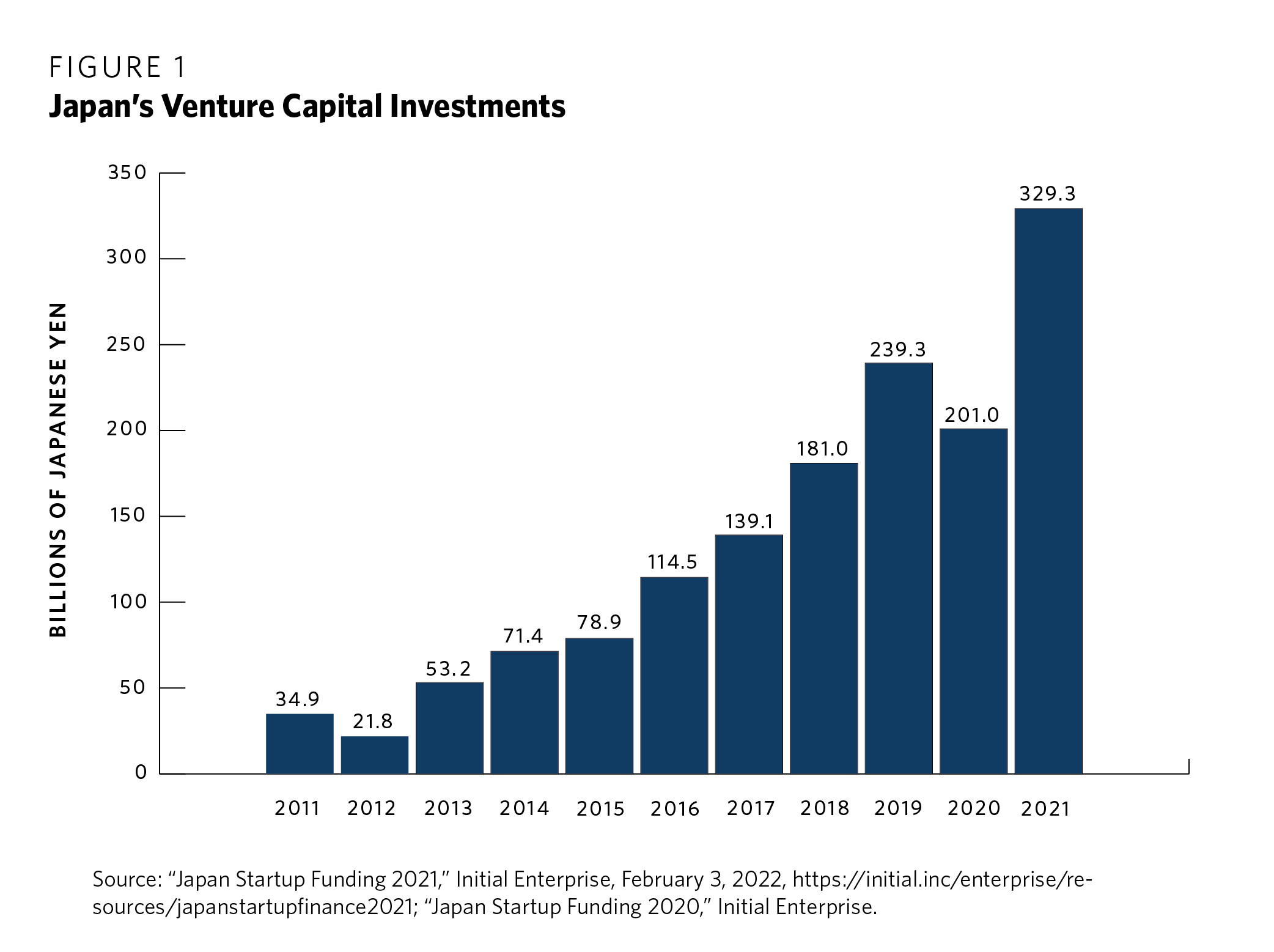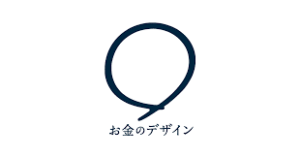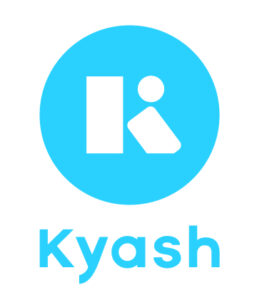
Top 5 Most Well-Funded Fintech and Insurtech Startups in Japan
by Fintech News Hong Kong February 8, 2023Japan’s venture capital (VC) market has grown strongly over the past years, rising fifteenfold in less than a decade, from a low point in 2012 at JPY 21.9 billion (US$168.8 million) to JPY 329 billion (US$2.5 billion) in 2021, data from Carnegie Endowment for International Peace, an American international affairs think tank show.

Japan’s venture capital investments, Source: Carnegie Endowment for International Peace, 2022
Investors have poured significant capital into the software-as-a-service (SaaS) and fintech sectors, according to a 2022 report by Initial Enterprise, a startup data platform, leading both sectors to mature considerably and witness several startups go public.
Japan’s fintech sector remains nevertheless filled with numerous fast-growing private companies that are attracting the interest of local and global investors. Today, we look at top 5 funded fintech in Japan.
For this list, we used data provided by Tech in Asia, Dealroom and CB Insights, as well as companies’ press releases. The list excludes startups that were acquired or merged with other companies, such as Coincheck, BitFlyer, PayPay, Tech Bureay and Paidy, as well as those that went public in stock markets, like Freee, Money Forward and WealthNavi.
Opn – US$220.4 million

Founded in 2013, Opn, formerly known as Synqa and Omise, specializes in online payment, blockchain technology for fintech applications and digital transformation solutions. The company provides a full-featured payment management platform designed to connect millions of customers across the world.
The platform aims to provide secure and easy ways for businesses to accept, process, and disburse payments on a digital platform, enabling companies to reach more buyers and drive revenue while assuring financial safety.
Opn, which has its registered headquarters in Tokyo and operational headquarters in Bangkok, secured a US$120 million Series C+ funding round in May 2022, reaching a valuation of US$1 billion and bringing its total funding raised to US$220.4 million, according to data from CB Insights. The company said it would use the proceeds to expand its product line-up and push further into Southeast Asia. Opn already operates in Japan, Singapore, Malaysia, Indonesia, the Philippines and Vietnam.
Upsider – US$154 million

Founded in 2018, Upsider provides corporate cards and payment solutions intended to cater to fast-growing companies including startups. The company offers high card spending limits, practical and intuitive spending management and integrations with external services including accounting software-as-a-service (SaaS).
Upsider strives to become the number one business-to-business (B2B) financial platform and aims to be a “new infrastructure service” that supports the future economy.
Upsider secured a US$115 million Series C in May 2022, which, according to Forbes report, brought its total funding to US$154 million. The company claims total transaction value of its corporate card service has grown more than tenfold between 2021 and 2022, and says more than 1,000 companies are joining its platform on a monthly basis.
Gojo & Company – US$140.2 million
![]()
Founded in 2014, Gojo & Company is a microfinance-technology company that aims to provide quality and affordable financial services to unserved and underserved communities. The company invests in and partners with financial service providers around the world, and strives to reach over 100 million people in 50 or more countries by the end of 2030.
Gojo & Company’s partners and affiliates include Maxima Microfinance (Cambodia), Sejaya Microcredit (Sri Lanka), Microfinance Delta International (Myanmar), Satya Microcapital (India). The group claims a total of 1.2 million loan and remittance clients, and assets under management (AUM) of over US$702.8 million.
Gojo & Company completed a US$47.6 million Series E equity financing round in November 2022, bringing its cumulative paid-in capital since its establishment to US$140.2 million. The funds will be used to strengthen the financial foundations of its group companies, promote their digitalization of group companies, and possible expansion to new markets in Asia and Africa.
Money Design – US$107.2 million

Founded in 2013, Money Design is an investment management business and investment advisory and agency business, as well as a financial instruments business. The company is operator of Theo, an artificial intelligence (AI)-assisted proprietary robo-advisor.
Theo allows customers to start investing from a minimum amount of 100,000 JPY (US$770) as monthly savings, and charges an annual 1.1% management fee. To get started, customers simply need to answer a few questions and the system then automatically constructs a diversified portfolio from approximately 6,000 global exchange-traded funds (ETFs).
In addition to operating Theo in Japan, Money Design also has a joint venture with Malaysia’s Silverlake Digital INX called GAX MD. GAX MD operates MyTheo, a digital investment management service in Malaysia. Collectively, the two platforms served over 100,000 investors with more than US$480 million in AUM, as of October 2020.
According to CB Insights data, Money Design has raised a total of US$107.2 million in funding, its latest round being a US$58.8 million Series E secured in 2018.
Kyash – US$100 million

Founded in 2015, Kyash has built proprietary full-stack banking infrastructure from the ground up to offer mobile-first consumer-facing digital wallets in Japan as well as modern APIs to business partners for issuing/processing Visa cards.
The platform offers online payment and personal remittance apps under the Kyash service name, and issues prepaid cards that can be used at Visa merchants. The company aims to facilitate peer-to-peer (P2P) transactions, and strives to build systems that cater to emerging payment methods.
Kyash closed a US$41.2 million Series D funding in March 2022, bringing its total funding to approximately US$100 million since its inception in 2015. The startup said at the time it would use the proceeds to hire new talent, strengthen its service systems, and expand its business by creating new alliances and increasing collaborations.
Featured image credit: edited from Unsplash








